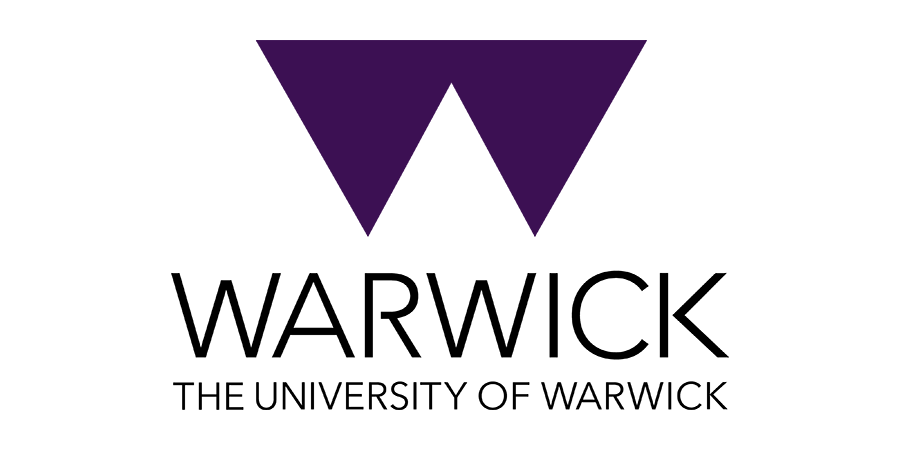PhD Studentship: Atomic-Level Defect Characterisation via Data Fusion: Integrating Ptychography, EELS and First-Principles Calculations
University of Warwick - Department of Engineering - Centre for Doctoral Training in the Modelling of Heterogeneous Materials (HetSys)
| Qualification Type: | PhD |
|---|---|
| Location: | Coventry, University of Warwick |
| Funding for: | UK Students, EU Students, International Students |
| Funding amount: | Awards for both UK residents and international applicants pay a stipend to cover maintenance as well as paying the university fees and a research training support. The stipend is at the standard UKRI rate. |
| Hours: | Full Time |
| Placed On: | 3rd December 2024 |
|---|---|
| Closes: | 20th January 2025 |
| Reference: | HP2025/007 |
Supervisors: Dr Peng Wang, Physics, Prof. Nicholas Hine, Physics
This project aims to enhance the understanding of 3D atomic structures and defects in materials using advanced imaging and computational techniques. We will integrate super-resolution computational imaging (ptychography), chemical spectroscopy (EELS), and density functional theory (DFT) to achieve high-resolution reconstructions of atomic configurations. By fusing data from these methods, we will improve both lateral and depth resolution while reducing electron induced sample damage. Machine learning will be employed to refine our models iteratively, leading to precise predictions of material properties, particularly around defects. This research will provide valuable insights into the physical characteristics that impact material performance.
Summary
Defect characterisation is essential because defects within crystals significantly influence their electrical, mechanical, thermal, and optical properties. Traditional methods for studying atomic structures are often time-consuming, potentially damaging, and limited in resolution. This research project leverages advanced computational material modelling to predict atomic-level structural configurations around defects in advanced materials. We will develop a data fusion approach that combines ptychography, EELS, and DFT to accelerate atomic structure analysis. Our goal is to reconstruct 3D atomic coordinates with sub-angstrom resolution and picometer precision, providing valuable insights into the material's physical properties, particularly around defects.
Background
Studying defects in materials is essential because these imperfections in atomic or molecular structures significantly impact a material's performance, efficiency, and stability. Novel materials often exhibit complex atomic structures with heterogeneous compositions, making it challenging to directly image defects at atomic resolution in three dimensions (3D). Traditional 3D imaging techniques, like tilt-series imaging and atom probe tomography, are time-consuming, require high electron doses, and can cause beam damage to samples.
Ptychography, an advanced computational imaging technique, offers an alternative with super-resolution and low-dose capabilities but is limited in depth resolution. Electron energy loss spectroscopy (EELS) complements ptychography by providing atomic-scale chemical information. When combined with density functional theory (DFT) for predictive modelling, a fully understanding of atomic configurations around defects becomes possible. This project will integrate ptychography, EELS, and DFT to create high-resolution 3D atomic reconstructions, further refined with machine learning to achieve sub-atomic resolution defect characterisation without beam damage.
Project Objectives for the PhD Project
This project aims to develop a robust, data fusion-based methodology for precise 3D atomic defect characterization in advanced materials by combining ptychography, EELS and DFT within a machine learning framework. This approach will enable in-depth analysis of defect structures without sample damage, advancing our understanding of defect-related properties.
Find out more: https://warwick.ac.uk/fac/sci/hetsys/themes/projects2025
About us:
The EPSRC Centre for Doctoral Training in Modelling of Heterogeneous Systems (HetSys), based at the University of Warwick, offers an exceptional opportunity for students from physical sciences, life sciences, mathematics, statistics and engineering backgrounds who are passionate about applying their mathematical expertise to tackle complex, real-world problems.
By fostering these skills, HetSys trains the next generation of experts to challenge the cutting-edge of computational modelling in diverse, heterogeneous systems. These systems span a wide range of exciting research areas, including nanoscale devices, innovative catalysts, superalloys, smart fluids, space plasmas, and more.
HetSys offers a vibrant and supportive research environment, ideal for nurturing creativity and academic growth. Our interdisciplinary student community spans multiple cohorts, each at different stages of their PhD journey, creating a rich, collaborative atmosphere.
Funding Details
For more details visit: https://warwick.ac.uk/fac/sci/hetsys/apply/funding/
Advert information
Type / Role:
Subject Area(s):
Location(s):









